|
by Cailin O'Hara, MAcOM, LAc, Dip OM If you have experienced something traumatic, it can change everything: your life, your brain, your nervous system, your beliefs. But that doesn’t mean that you’re doomed to live in fear, panic and anxiety forever. ... I want to tell you about one of the most powerful ways you can help heal yourself if you have suffered from PTSD, past abuse or traumatic experiences. (hint: we all have) It is an epiphany that I personally experienced… and one that completely changed the way I connect with myself. It showed me the way out of the loop of anxiety and relieving past trauma and into my power and the truth of who I am. It is the realization of all realizations that I think is key in healing from past trauma. But you have to REALLY feel it. Doing so can immediately shift you out of anxiety-mode (flight or fight) and into a feeling of deep self-compassion (aka reconnecting with YOU). Most of us are not even aware that we have been traumatized, that our anxiety is actually a form of PTSD, stemming from past experiences that haunt our subconscious and become wired into our physiology. Anxiety is a response, not a problem. It asks us for our help. But we're afraid of it. It feels terrible. The more we focus on it, the more it seems to grow. It just spirals out of control. Anxiety can feel like a foreign entity that lives within us, making us feel unsafe, like we aren’t even safe in our own being. So what do we do? We run away. Sometimes literally, but generally, figuratively. We numb out, we distract ourselves, and we turn away from the feelings. But it’s the belief that our anxiety is scary, it’s the very act of running away from it, that actually prevents us from really healing and regaining our sense of peace. So, the revelation, the epiphany, the ah-ha moment that can change your life… It’s just you now. All of this running, this fighting against ourselves, the squashing of our feelings, the turning away from our own pain… it’s self-abandonment. The pain you feel is NOW. The fear you feel is NOW. The anxiety is NOW. But what caused it- those past experiences- are over. So what does that mean? It means what you are feeling now is just YOU. You're feeling how what happened to you affected you, how it hurt you, how it wounded you... THAT is what you’re feeling now: your feelings. This also means that there isn’t anything to be afraid of in the here and now, if you think about it. You are fearing yourself. You are fearing your own broken heart, your own traumatized body. And the more you push it all away, the worse it can feel. ... What's the answer? Trauma can fragment you. It can scatter you into pieces. And when it’s over, you are the one that can put you back together. You are the one that can compassionately hold space for yourself, comfort yourself, give yourself the unconditional love you need and deserve. And in no way does it mean that you’re “broken." In fact, I see it as a tremendous source of power. What if you leaned into these wounded parts of yourself? What if you had a compassionate conversation with them? What if you imaged yourself holding them, telling them it’s ok, that you love them? ... Trauma is not something you ask for, but it can teach you how to love yourself in a way that maybe nothing else can… and that kind of love can make you unstoppable. That’s what it has given me. That’s what I hope it gives you. ...
|
| Find someone that you enjoy talking to because if you don't have a good connection, it's a waste of your time. You won't feel safe and comfortable opening up to someone you don't particularly like. A counselor who is a good fit for you can make your journey "through it" a much easier and enlightening one. |
| If you're experiencing difficult emotions or haunting memories, it can be very overwhelming. Generally people disconnect (often unintentionally) from themselves, their bodies, their environments and/or their relationships as a way to cope with these overwhelming feelings. You may get stuck in a flight-or-fight response, feeling perpetually on edge that something horrible is about to happen. You may also experience flashbacks that cause you to lose touch with where you are and what's happening around you. |
...
Yoga/Tai Chi
Exercise/Movement
Meditation
Acupuncture
Wash the dishes :)
The Body Keeps the Score: Brain, Mind and Body in the Healing of Trauma by Bessel van der Kolk
The Body Remembers: The Psychophysiology of Trauma and Trauma Treatment by Babette Rothschild
Reinventing the Body, Resurrecting the Soul by Deepak Chopra
Minding the Body, Mending the Mind by Joan Borysenko
The Places that Scare You by Pema Chodron
| Developing a deep sense of compassion for yourself will take practice, but I promise you it is mandatory if you truly want to heal. Compassion means you learn how to soothe yourself. It means you're kind to yourself above all else. It means you don't make life worse for yourself by telling yourself negative things, stressing yourself out or putting yourself in unhealthy situations. |
Resting when you're tired
Soothing yourself with a bath when you're overwhelmed
Cancelling plans you aren't interested in
Listening to your needs
...
Most of us have this awful tendency to downplay our needs and our worth. If you have past trauma, this may be your tendency most of the time. You need you, above all else, in order to heal. So step up, be your own hero, and take the best damn care of yourself that you can. You will be amazed at how comforting it will feel when you finally treat yourself with the respect and love that you always deserve.
...
Other articles you may like...
My Approach:
Pillars of My Practice
"The body keeps the score. If the memory of trauma is encoded in the viscera, in heartbreaking and gut-wrenching emotions, in autoimmune disorders and skeletal/muscular problems...this demands a radical shift in our therapeutic assumptions."
-Bessel Van Der Kolk, MD
There are many methods, which generally involve counseling. Finding the right counselor for you can be invaluable when you're navigating PTSD, trauma and anxiety.
However, sometimes it's not enough.
Sometimes we need a more integrative approach to healing.
A patient is attempting to process a traumatic experience from years before. They feel like after that traumatic experience, they haven’t been the same. They don’t sleep well. They feel on edge. They experience a sensation of anxiety in their body that feels like they're shaking from the inside out. Sometimes their heart races, and they can’t feel their legs. These experiences impact their life every single day. They’ve been working with their therapist, and it helps quite a bit, but they aren’t making the progress they want to make. And sometimes, talking about their experience worsens their anxieties.
The traumatic experience could have been emotional, physical, environmental, sexual… the effects are similar in all cases. Fear, hypervigilance, sleep disturbance and feeling disconnected from yourself, your body or your life are some examples of the effects of trauma.
Pillars of My Practice
Healing at the Root
I practice a fusion of medicine rooted in Traditional Chinese Medicine (TCM).
According to TCM, everything is connected: mind, body and spirit. In fact, working with the emotions and our “spirit” is considered an essential aspect of treatment for any symptom or disease in TCM. Your spirit is the essence of who you are and what makes you uniquely you. This aspect of Chinese medicine is the foundation of my practice of medicine.
I see everything as interconnected. |
Another core aspect of my approach is what I refer to as “body-centered medicine,” which means I treat the body in order to affect the whole being.
This method is based on the fact that our body holds our history. It is also rooted in the idea that we all possess the innate ability to heal. Working with the body creates a powerful healing effect across all levels: physical, mental, emotional and spiritual.
In order to access our own healing potential, we must restore harmony to imbalanced systems in the body and mind. |
Why is working with the body so powerful when it comes to balancing emotions and healing past trauma? It treats the roots of emotional experience.
A primary condition we treat through the lens of TCM is called stagnation. Stagnation implies there is some sort of holding pattern that is creating a lack of movement, which then creates an array of symptoms (from pain to anxiety to fatigue and so on). Without healthy movement and flow in our bodies or minds, disease and bothersome symptoms arise.
In the case of trauma, an experience or event sends a shockwave through our entire system that has lasting effects of stagnation. We can become "stuck" or stagnated in the experience- physically, mentally and emotionally. But here's the amazing part... we can treat the roots of trauma and anxiety by unlocking these stuck places in the body.
This means that the effects of traumatic experiences that have become stuck in a holding pattern in our body and minds finally have the opportunity to be set free. |
We let it move through us, and then we let it go.
Interested in working with Cailin?
Schedule a complimentary consultation.
The Body is Our Story-Teller
“…our bodies are the agents by which we exist in the world. They are also the receptacles of memories that, often vanished from our conscious awareness, are still deeply etched within our being. When those memories are triggered, we experience suffering at a highly existential level that transcends consciousness.”
"Trauma victims cannot recover until they become familiar with and befriend the sensations in their bodies."
-Bessel Van Der Kolk, MD
"Body-Centered Medicine"
| On every level, our body tells our story. When you don’t honor the power and innate intelligence of the body, you’re missing the point in providing medicine. |
The Only Place You Can Heal
Connecting with the body in order to heal the whole person has proven in my practice to be a deeply transformative way of healing.... |
Interested in working with Cailin?
Your first consultation is free.
So...How Does Acupuncture Treat Anxiety?
Rule #1: We do not diagnose you with “anxiety.”
Examples of Patterns Treated
in Chinese Medicine:
- Pattern A) difficult time falling asleep at night, dry eyes and hair, vivid dreams, PMS symptoms, tends toward constipation, experiences anxiety as panic attacks with racing heart
- Pattern B) wakes feeling groggy, craves sugar, abdominal bloating, mid-day fatigue, foggy-thinking, experiences anxiety as excessive worry (often while trying to fall asleep)
- Pattern C) frequent flushing in the face, headaches, neck tension, tendency toward irritability, rapid heartbeat, experiences anxiety as tightness in the stomach and shortness of breath
Do any of these sound familiar to you? Notice each pattern's array of symptoms and how they all experience anxiety differently. |
Rule #2: Your patterns represent areas of underlying imbalances in your physiology and your being.
Everything is connected. A single stressful experience can take a toll on all of our systems and create imbalances that can become more severe over time if left untreated. |
Rule #3: Acupuncture can access the body's innate ability to heal and restore harmony to imbalanced systems.
How often do I have to come in for treatments?
How long will it take until I feel better?
Will I have to rely on acupuncture for the rest of my life?
Next time we'll talk about what a treatment plan looks like and just how quickly you'll start to feel better.
Stay tuned and take good care of yourself.
We have all experienced pain. Nearly everyone is in some kind of pain at some time... and for some of us, it just won't stop. Today we will look at one very important principle in working with our pain. This key to working with and healing our pain comes from Chinese medicine (think acupuncture and herbal medicine), what I study and practice in my clinic. There is a reason why you keep hearing or reading about acupuncture in the news and how it helps people in pain. It does! But pain doesn't just mean physical pain... we are talking pain on every level.
But how? And why? Big questions! But first…
Let’s talk about pain.
Pain is a Signal
What kind of pain do you feel?
What is it? Where do you feel it? It is from an old injury? Is it new? It is in your stomach? Your chest? Is it a result of emotions? Past abuse? Does it keep you up at night? Does it distract you from your work? Interfere with your relationships? Is it sharp or dull? Does it come and go?
Pain is an alarm alerting us that something isn’t right in some way. That sounds simple, but think about it. Pain is a signal. It is what we do with that signal that makes all the difference in our experience of our pain. And let’s be real- what we really want to do is END it, make it stop once and for all! But for those of us who have experienced pain, which I imagine is everyone, we have learned that there aren’t many quick fixes to make pain stop immediately and for good. So what can we do for ourselves? What are our options?
Pay Attention to Your Pain
First of all, we have to dial into the pain signal, really pay attention to it, and figure out what it needs in order to make it stop. Not all pain is the same, so it shouldn’t be treated in the same way. If you bang your knee on your dresser in the middle of the night, that feels a lot different than if your back aches from working long days lifting boxes, which also feels a lot different than the hurt we feel when someone betrays us. Each of these scenarios is an experience of pain, but they are vastly different, and should be treated differently. Makes sense, right?
Once we figure out the type of pain we are experiencing, we are better able to address it. This is one reason why using Chinese medicine, acupuncture and herbal medicine can be so beneficial. The treatments for pain are not one size fits all. The treatments depend entirely on what kind of pain you’re experiencing.
Why Pain Happens
The key when working with pain is to remember this: you hurt because something is blocked. Blood, circulation, hormone production, feelings, thoughts- something isn’t moving freely. Where things once flowed freely, there is now a blockage. It could be physical, like an injury to your shoulder that causes pain. It could be emotional, like persistent anxiety after a stressful experience (PTSD is an example). The idea is that something happened, some kind of impact, and where that impact occurred is where things have stopped moving properly. In Chinese medicine, we refer to this as “stagnation.” And stagnation (of many varieties) is the most commonly diagnosed condition in Chinese medicine.
So how do you treat it?
Flowing Freely Again
We have to restore movement where movement is blocked in order for pain to fade. How do we get things moving? One of the powerful effects of acupuncture is its ability to help restore flow and balance in the body. For instance, your chronic neck ache can be alleviated with acupuncture because it helps to clear up the stiffness and congestion that are causing your neck to hurt. Your grief that sits in your chest and weighs you down can be alleviated with acupuncture because it helps to move what has become stuck.
Pain makes us feel stuck, like we can’t move freely, like we can’t live our lives in the ways that we want. It feels like our pain is holding us back. THAT is stagnation. We have all felt it in some way, probably many ways and many times. When it doesn’t go away on its own, when we can’t un-stick ourselves, that’s when the power of Chinese medicine can really come to our aid and help us flow freely again.
Feel free to email us with questions or comments. And stay tuned for part two!
-Cailin O’Hara, MAcOM, LAc, Dipl OM
Author
Dr. Cailin O'Hara, DACM, Dipl OM, LAc, is a nationally board certified Doctor of Chinese Medicine and Acupuncture, intuitive and coach. She is based in Phoenix, AZ, and works with clients worldwide.
Archives
March 2022
August 2020
April 2020
March 2020
October 2019
August 2019
July 2019
June 2019
May 2019
April 2019
March 2019
February 2019
January 2019
November 2018
October 2018
September 2018
May 2018
April 2018
January 2018
December 2017
November 2017
October 2017
September 2017
April 2017
March 2017
January 2017
Categories
All
Acupuncture
Anxiety
Back Pain
Chinese Medicine
Chronic Pain
Cosmetic Acupuncture
Cupping
Depression
Does Acupuncture Hurt?
Eating Disorders
Emotional Trauma
Empowerment
Energy Healing
Facial Rejuvenation
FAQs
Fatigue
Fear
Fibromyalgia
Food
Grief
Healing
Intention
Intuition
Journaling
Law Of Attraction
Letting Go
Meditation
Neck Pain
Nutrition
Pain
Panic Attacks
PTSD
Recipes
Sciatica
Self Care
Self-Care
Self-Esteem
Self Love
Skin Care
Stress
Truth



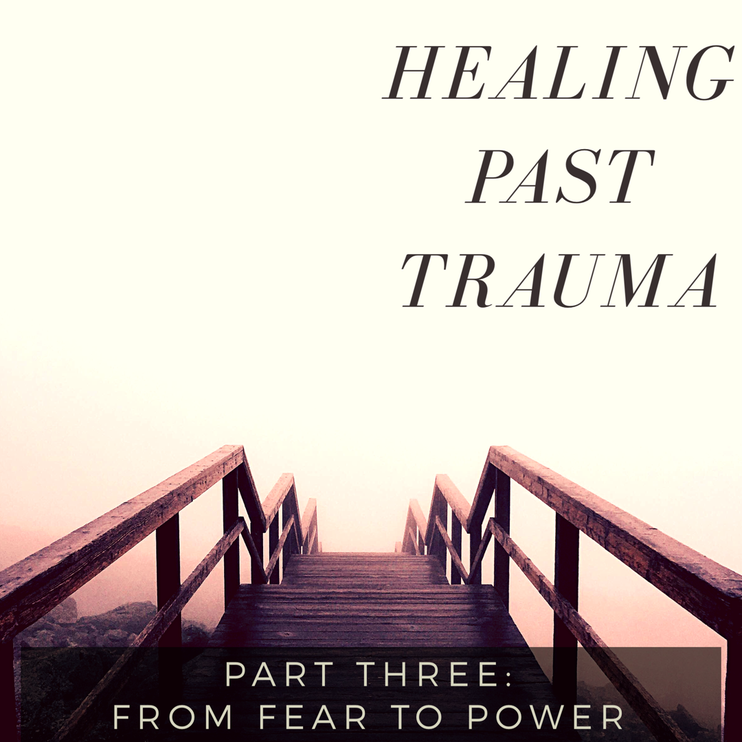




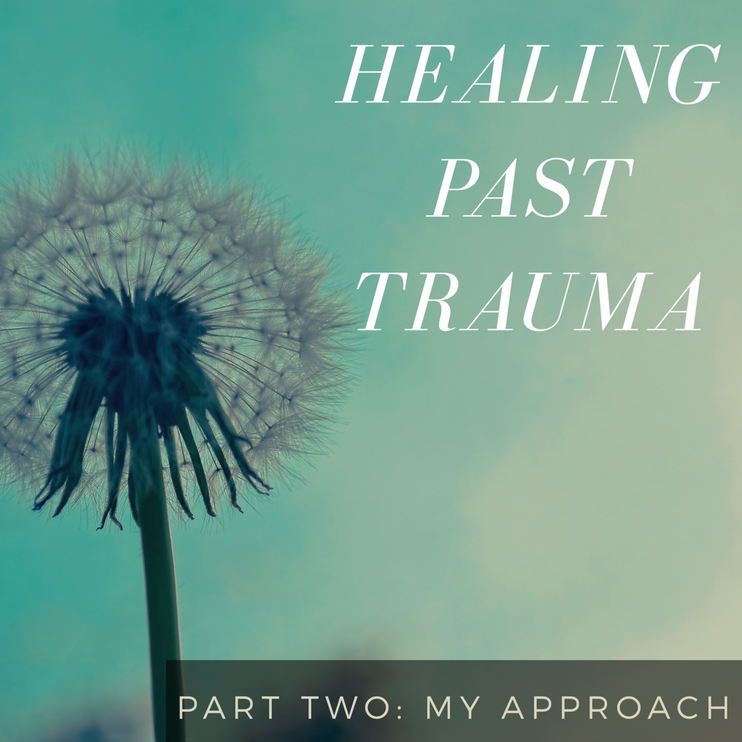

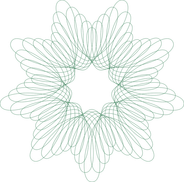
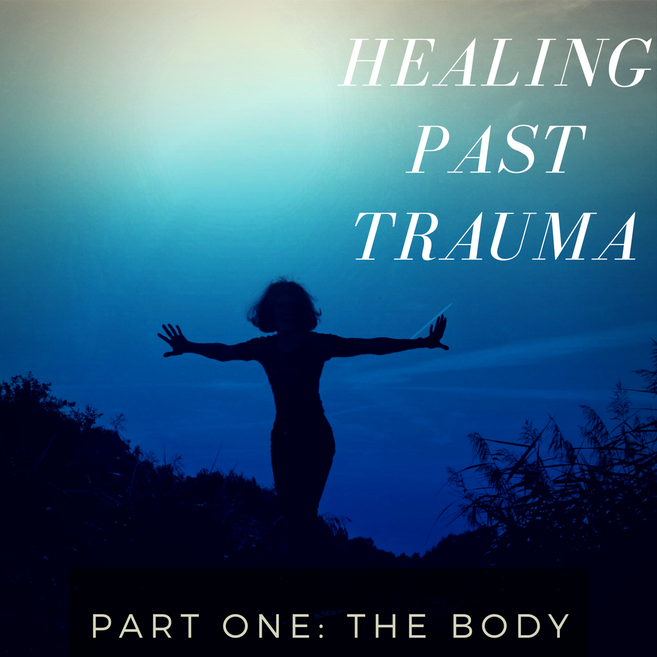
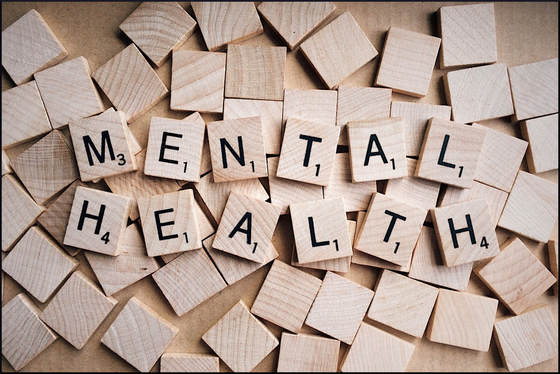
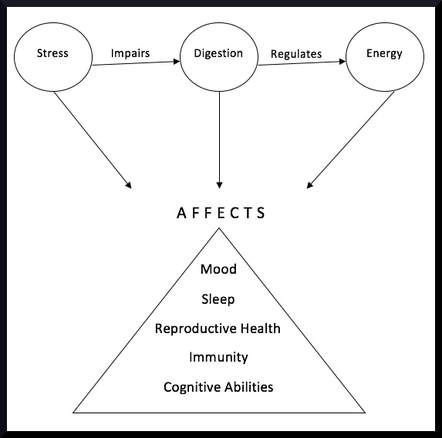



 RSS Feed
RSS Feed